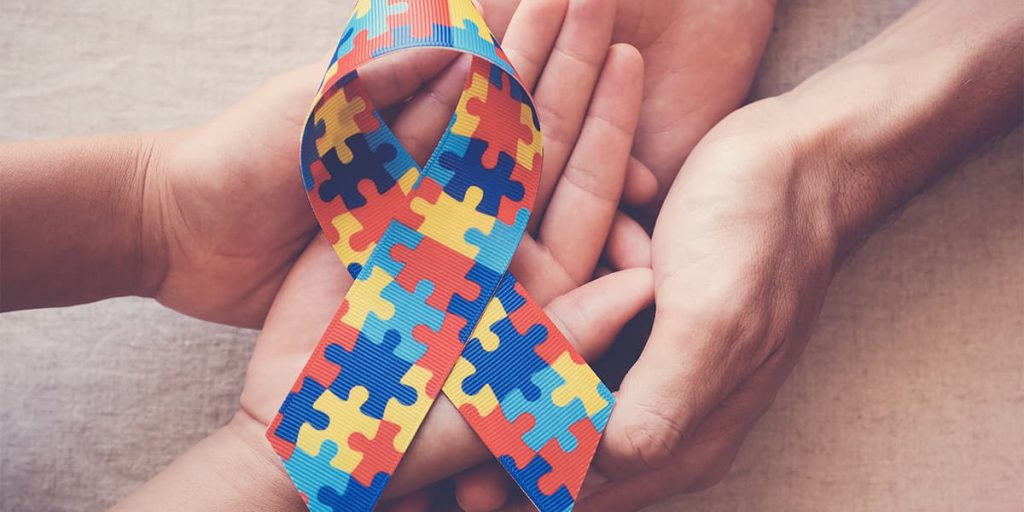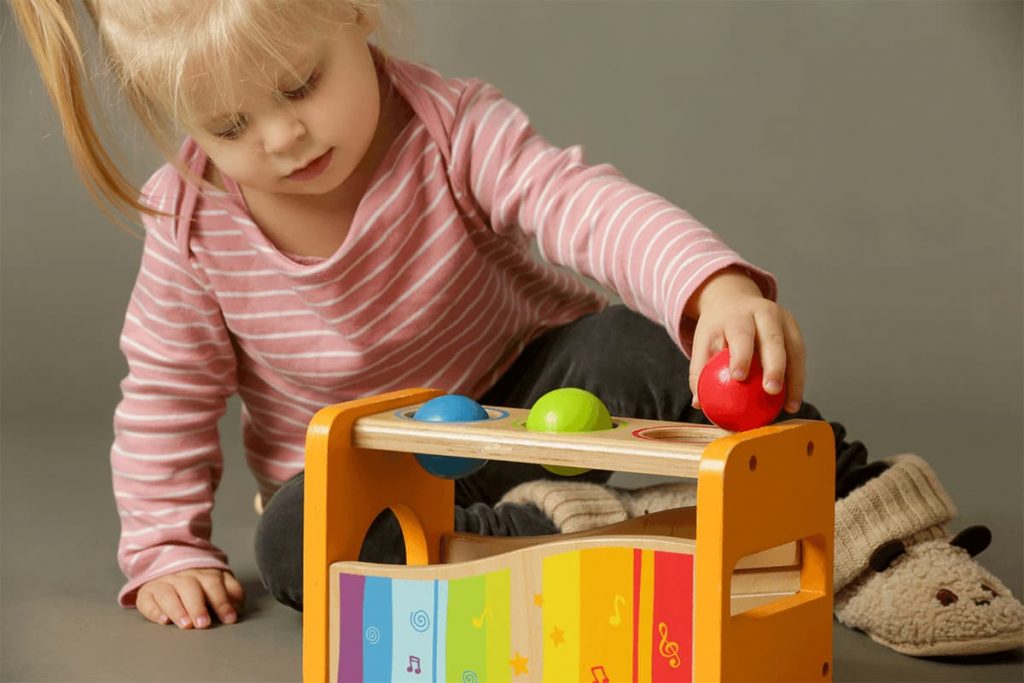How to choose the right autism center?
How to choose the right autism center?

You want only the best regarding your child’s health and well-being. For many parents of children with autism or developmental disorders, that means finding a specialized treatment center. But where do you start? There are thousands of autism centers across Tampa, each offering its unique brand of care—and different levels of success. So how do you choose between them?
The truth is there is no single correct answer for every family. You need to figure out what matters most to you in an autism center and ensure your prospective facility checks off all those boxes before making a final decision.
Communication
Communication is key. You are the one who will be interacting with the autism center, but your child will also need to communicate with them. The staff should be able to teach him/her how to do this effectively, so there are clear understandings between all of you and the people working at the center. They should also help you communicate with other family members during their visit.
Collaboration
If you’ve ever worked with a child with autism, you know how important it is to have a team of professionals. The team will include the child’s parents, other family members, educators, and therapists. The collaboration between all these different people is crucial to the success of treatment at an autism center.
Often, families need clarification about each professional’s role in their child’s treatment plan. For example:
- A psychologist may be able to help the child learn how to handle difficult situations better by providing them with coping strategies and emotional support;
- An occupational therapist can teach children how to use self-help skills like dressing themselves; they also let kids play while they’re working out any physical issues that may be getting in the way of everyday tasks like walking or running (this one’s especially great for kids who have trouble with sensory integration);
- And finally, speech therapists will work on language development through verbal exercises such as making animal sounds or playing games where one person asks questions that only another person can answer (like “What do elephants eat?”).
Each Child Is A World. We’ll Be Happy To Show Them How To Discover Themselves
Quality of staff
When searching for a center, be sure the staff members are highly trained and experienced in working with children on the spectrum. You also want someone who can quickly build rapport with your child.
When selecting an autism school or center, look for one that offers specialized training for its teachers so they’re prepared to handle any behavioral issues that may arise. It’s also essential to find a facility where each employee is willing to work with all types of kids—not just those whose behavior doesn’t present significant challenges.
Treatment methods
- Non-invasive treatment methods. The autism center you choose should use non-invasive treatments only. These include:
- Cognitive behavioral therapy to help your child understand the world around them and how to act appropriately in it
- Applied behavior analysis (ABA), is a form of behavioral therapy that uses positive reinforcement to teach new behaviors, often with the use of a reward system
- Evidence-based treatment methods. Your center should use evidence-based approaches, which means they’ve been proven effective through rigorous scientific studies. This can help ensure that your child gets the best possible care, especially if they don’t respond well enough to other forms of treatment (see below).
- Tailored to each child’s needs and capabilities. Every child on the spectrum is different—there’s no one size fits all approach, so make sure that your center uses custom-tailored treatment plans for each child instead of one standard method for everyone in their program or school! This ensures that every individual receives what he or she needs most from his/her team members at home or school so that he/she can reach his/her fullest potential someday soon!
Inclusiveness
Inclusiveness is a simple concept, but it can be challenging to implement daily. This applies to every aspect of your child’s life: school, social life, family life, and healthcare. It also applies to the community at large.
Inclusiveness means being mindful of how others feel and treating people with respect regardless of race or religion. It means not making assumptions about other people based on stereotypes or preconceived notions. Inclusiveness is respecting personal space when you’re around someone else; for example, not touching someone without their permission or speaking loudly when someone is sleeping nearby needs quiet for their reasons.
It’s crucial for children with autism spectrum disorder (ASD) because they often struggle with social skills that many take for granted: making eye contact when talking with someone, listening without interrupting, staying seated during class without fidgeting too much…etcetera!
These small things can make an enormous difference in creating an inclusive environment where both parties feel comfortable interacting together freely. This is essential if one person has ASD while the other doesn’t, so everyone gets along well enough that everyone wants to come back again next time too!
Remember to put your child’s needs first
Treating your child’s autism is a big decision, but remember that you are the expert on your child’s needs. You know your child better than anyone else and can’t expect a center to be able to treat all of your child’s needs. You must research and ask questions before deciding which center is right for you.
Conclusion
You know your child better than anyone else, so trust your gut. What feels right to you? The only way to find out is by talking with the people at each autism center in Tampa, asking them questions, and getting their answers straight from the source. You want someone who knows what they’re doing and has experience treating kids with an autism spectrum disorder. Contact the General Behavior Analysis team today! We will be happy to help!
We’ll Be Happy To Help Your Child
Leave us a message sharing your story, and we will get back to you as soon as possible with help.




